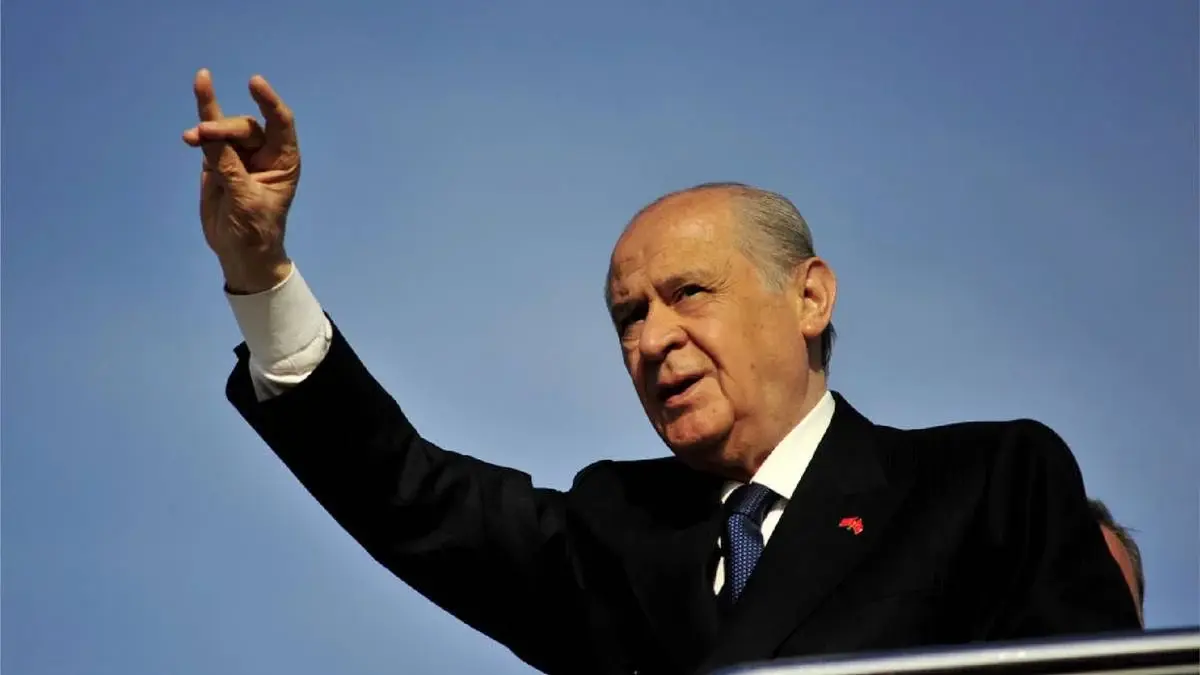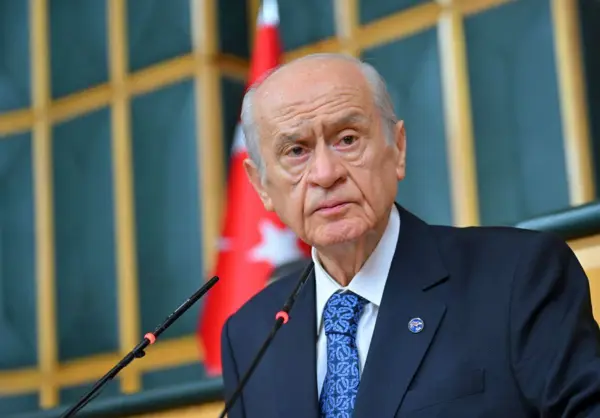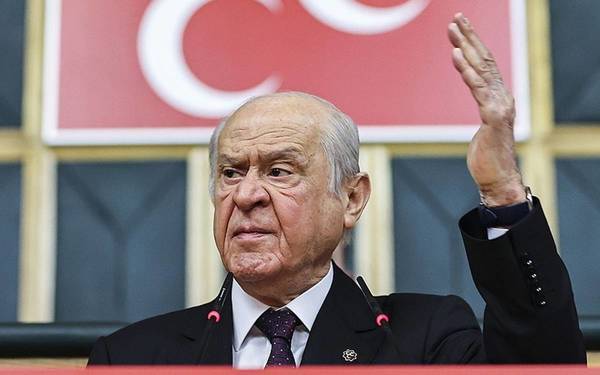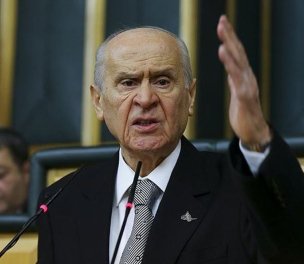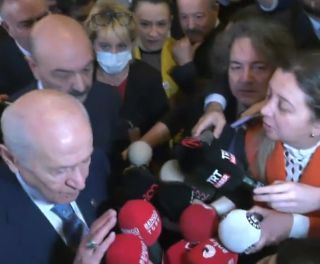President Recep Tayyip Erdoğan and his nationalist ally Devlet Bahçeli are currently the two most disapproved politicians in Turkey, according to a survey conducted by the Yöneylem company in late June.
Bahçeli’s disapproval rate stands significantly ahead of others at 61.5%, followed by President Recep Tayyip Erdoğan at 46.6%.
These results come in the backdrop of a severe cost of living crisis in the country, which is also considered the primary reason for the losses of Erdoğan's AKP in the local elections in March.
Bahçeli, the leader of the Nationalist Movement Party (MHP) since 1997, has been a key figure in Turkey’s politics despite not holding an official position except for his tenure as deputy prime minister between 1999 and 2002. Initially, he was a fierce opponent of Erdoğan's until around 2015, when he gradually began to align with the ruling party.
In 2017, Bahçeli played a pivotal role in proposing the transition to a presidential system. The constitutional amendments required for this shift were drafted by members of both the AKP and MHP. Since then, the MHP has consistently supported Erdoğan in presidential elections. Consequently, Erdoğan's government policies have become more nationalistic and security-focused during this period.
CHP members 'favored'
İstanbul Mayor Ekrem İmamoğlu, a member of the main opposition party CHP, comes in third with a disapproval rate close to Erdoğan’s, at 41.2%. This finding is notable given that İmamoğlu secured re-election in March and is widely seen as a future presidential candidate.
The survey, which involved 2,400 participants between June 26 and 30, shows Ankara Mayor Mansur Yavaş, also a member of the CHP, has the highest approval rating at 52.2%, and İmamoğlu comes second with a 46% rate. CHP leader Özgür Özel was third.
The survey indicated a lack of recognition for certain political figures, with 20.6% of respondents unfamiliar with Interior Minister Ali Yerlikaya and 14.6% unable to recognize Foreign Minister Hakan Fidan. (Mİ/VK)





